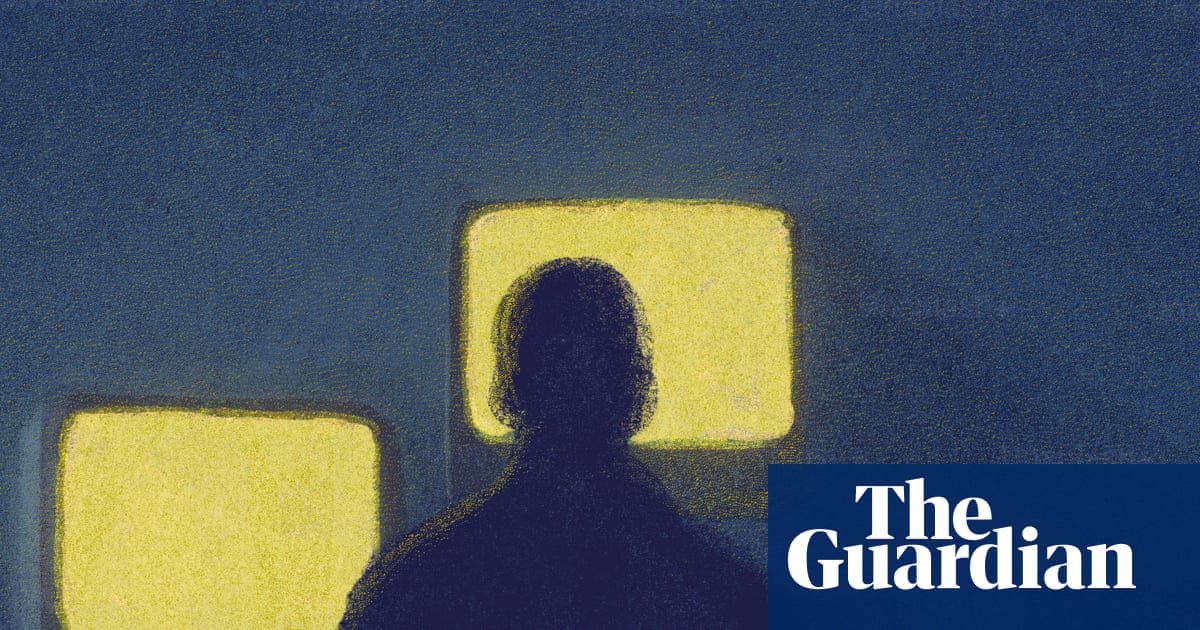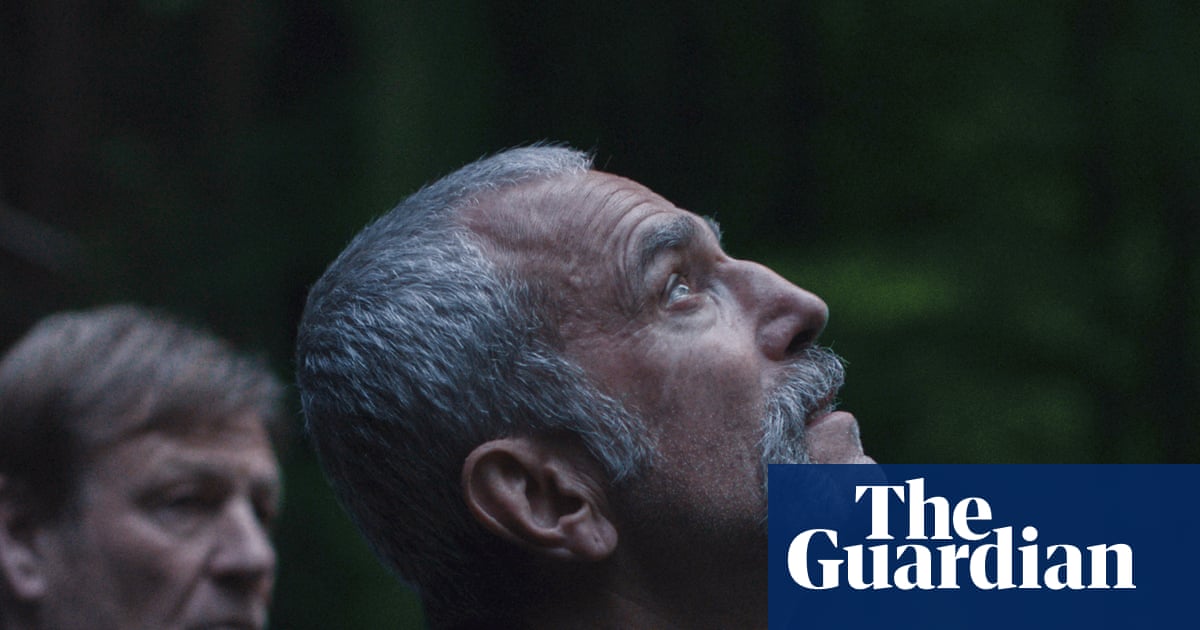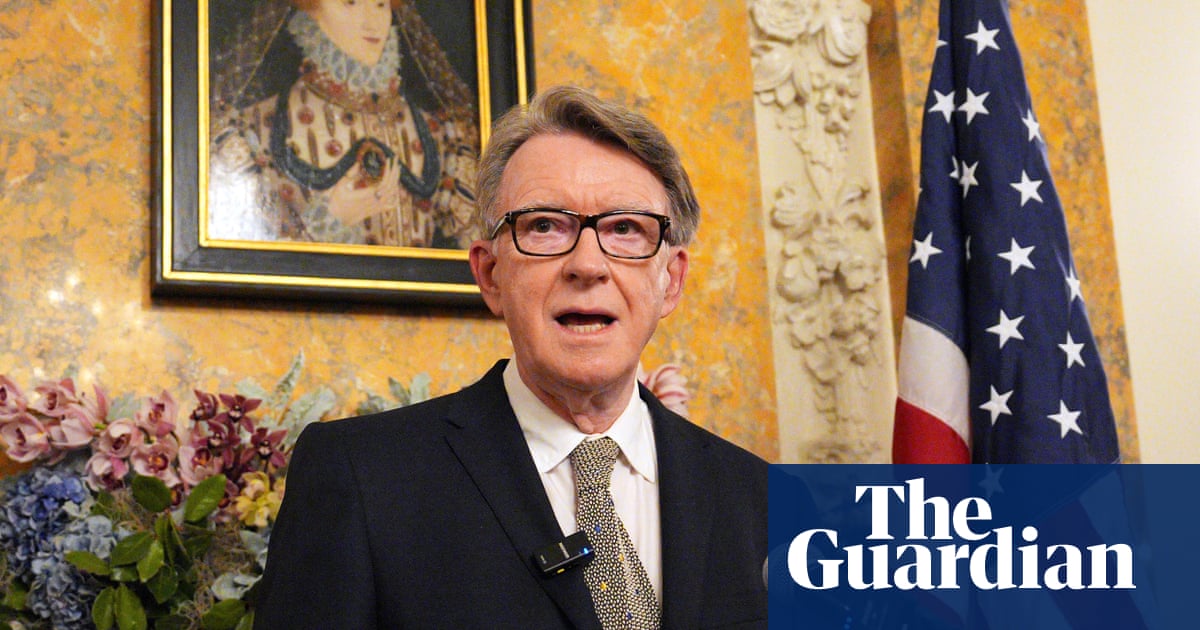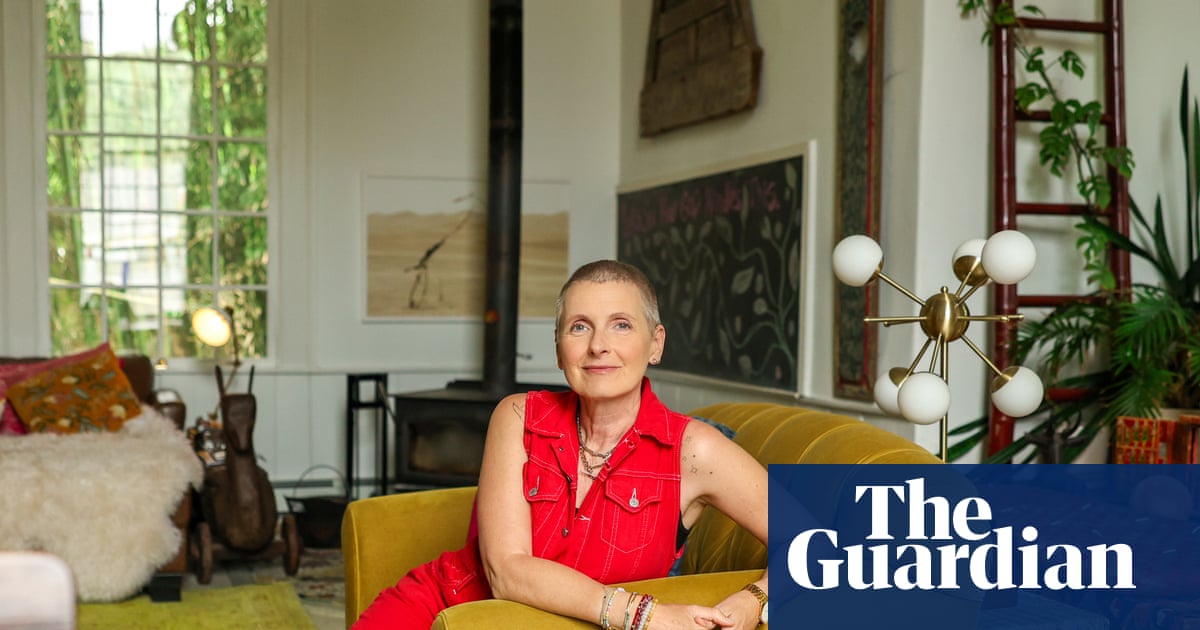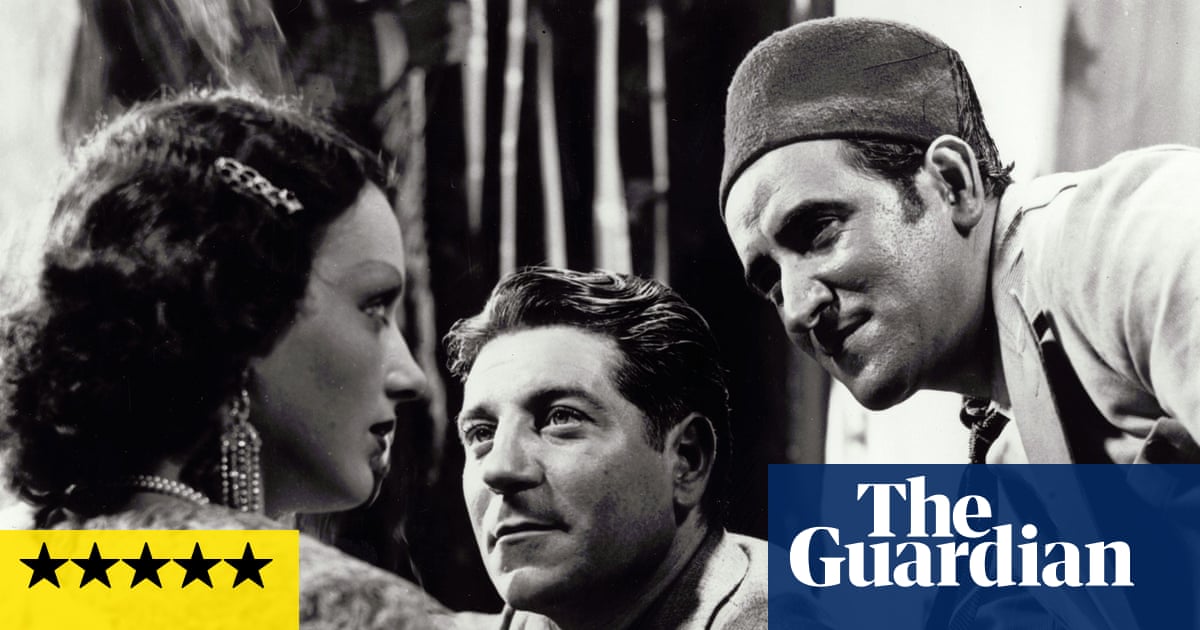According to Rebecca Solnit, a lot of us are suffering from something called moral injury. She describes this as the “deep sense of wrongness” that can infiltrate our lives when we realise we are complicit in something seriously bad.
The first time I experienced this in relation to climate change, I was changing my baby’s nappy soon after one of the worst Australian wildfire seasons on record in 2020. The nappy featured a smiling cartoon koala on the front. I immediately recalled the scene of a singed, parched koala being fed water from a plastic bottle by a human as it fled the inferno. A disposable nappy takes up to 500 years to decompose. I felt disgust and despair at the degree of consumption, waste and exploitation that even a modest lifestyle in a high-income country seems to entail.
From smartphones to food, our daily lives leave a bitter trail of harm. Some become painfully preoccupied with these realisations; others, avoidant and numb – an even more psychologically injurious strategy. I oscillate somewhere between these two positions, which is to say, I am in dire need of some moral first aid. In No Straight Road Takes You There, a constellation of essays with interlinked themes, Solnit provides just that.
From a meditation on an antique violin as a symbol of sustainability, to reminding us that radical ideas move from the fringes to the mainstream, this collection of her best work teems with vitality, forming an antidote to political paralysis and despondency. Solnit is a prolific, omnivorous and brilliant writer and this book makes apparent her intellectual wingspan. There is great variety here – one chapter is even titled “In Praise of the Meander” – but two bright threads run through the whole: the importance of hope, and the power of storytelling.
Hope is no casual platitude here. Nor is it merely a more pleasant state of mind than despair. Rather, Solnit sees it as a more accurate mindset, since nobody is an oracle, and history is full of surprises. Uncertainty is the most rational position to embrace, and unlike optimism or pessimism, it does not entrench us in complacency or inaction. Climate doomers are particularly pernicious, Solnit observes, propagating misery and incorrect narratives about how screwed we all are, “like bringing poison to the potluck”. Above all they are guilty of failing to use their imagination.
At heart, Solnit is a storyteller. “Every crisis,” she writes, “is in part a storytelling crisis.” The powerful are those who decide which stories are heard and which are silenced. People who tell stories well – like Donald Trump – captivate millions. Citing the non-violent resistance that led to the fall of eastern bloc regimes in the 1970s and 1980s, Solnit sees radical ideas as acorns, campaigns as saplings and the final results – changes in the law, policy, or land ownership – as mighty oaks. “The most important territory to take is in the imagination. Once you create a new idea of what is possible and acceptable, the seeds are planted; once it becomes what the majority believes, you’ve created the conditions in which winning happens.”
Solnit urges us to imagine a radically different future. She quotes Mary Wollstonecraft’s hope in 1792 that the divine right of husbands might be as contested as the divine right of kings, and footnotes this with Ursula Le Guin’s hope in 2014 that the seemingly inescapable stranglehold of capitalism will one day yield, just as did the divine right of kings. Solnit herself is strikingly unafraid to wish for more. One of her specific visions is for a world in which people do not rape, not because they fear punishment, but because the very desire to commit rape has withered away.
The book’s signoff, a “credo”, has something of the sermon to it. In a world where tyranny is on the ascent and shareholder profits are worshipped like the golden calf, this is a comfort. Solnit is like a seasoned boxing coach tending to the spiritually and politically exhausted citizen flopped in the corner. She mops our brows and offers us motivation. “They want you to feel powerless and to surrender,” she writes. “You are not giving up, and neither am I … The pain you feel is because of what you love.” Grieve, yes. Scream with fury, sure. But also, keep going. “There is no alternative to persevering, and that does not require you to feel good. You can keep on walking whether it’s sunny or raining.”
after newsletter promotion

 3 months ago
41
3 months ago
41


